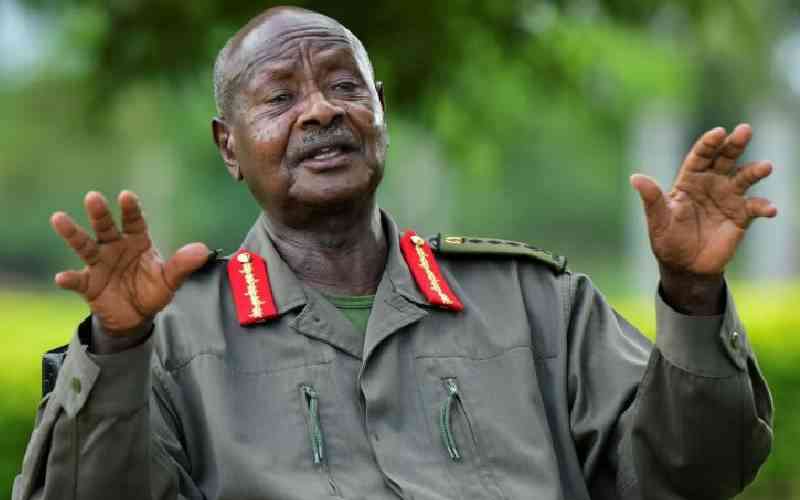×
The Standard e-Paper
Join Thousands Daily

Ugandan protesters who said they would press ahead with a banned anti-corruption march on Tuesday are "playing with fire", the country's president warned.
"Some elements have been planning illegal demonstrations, riots," President Yoweri Museveni said in a televised address late Saturday.